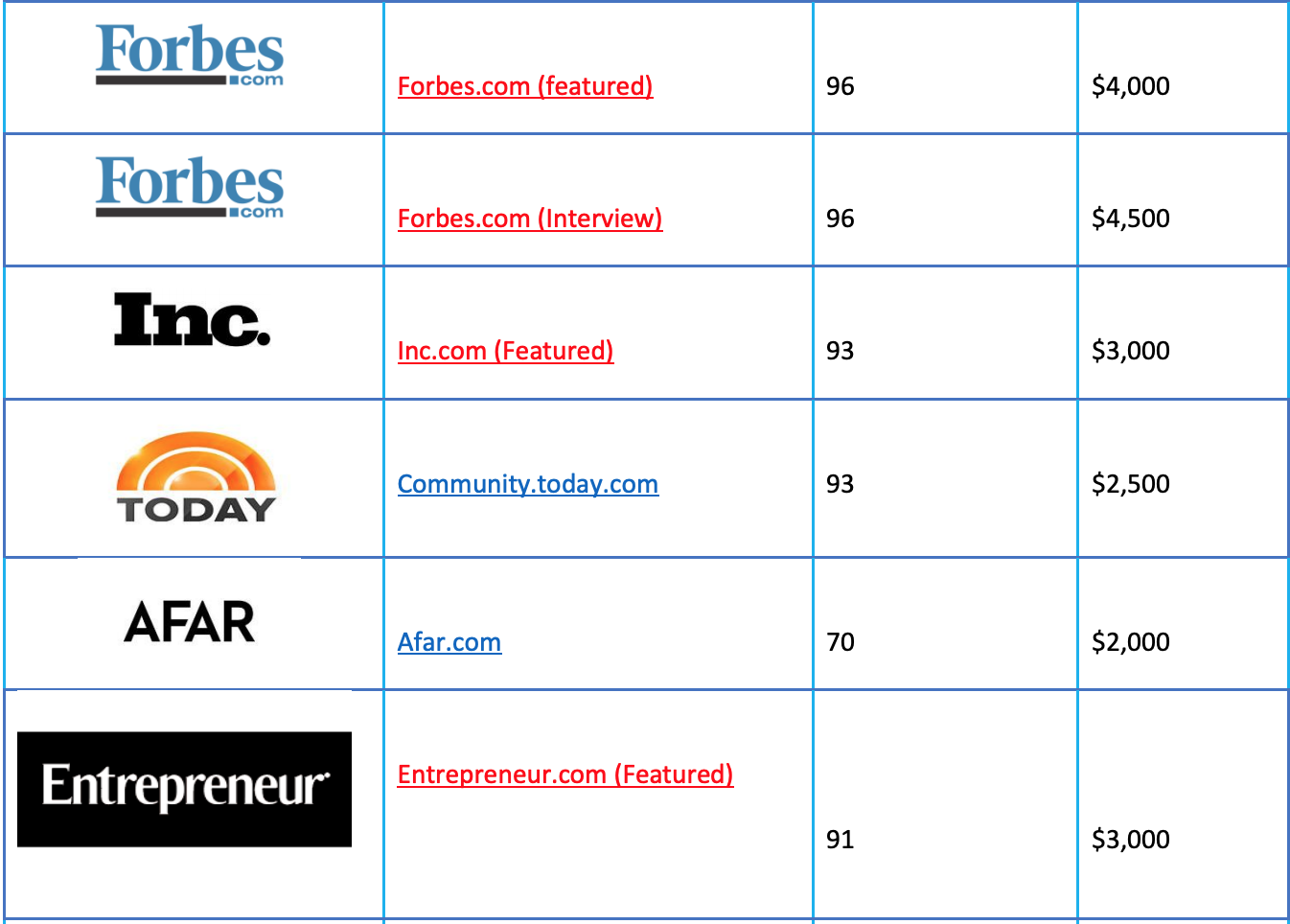
On one end of the spectrum, we have clients (be it startups, entrepreneurs or businesses) who clamor press coverage, to make them appear authentic & popular or for growth.
No, not through advertising in the sense of purchasing ad slots in media or via organic growth but using shortcuts. This unethical and immoral journalism exists in news today that earlier used to be mostly consumed via radio & cable channels, main stream newspapers & magazines etc. But unfortunately it is now rampant in digital channels; be it blogs, news and review sites, online videos and social media channels. We’re primarily talking about print and digital media here. The modus operandi is simple – approach corrupt and crooked journalists and pay them for positive mention in their media.
On the other end, we have journalists who turn a blind eye to ethics and morals and do not mind taking bribes to provide press coverage and favorable mentions instead of writing about deserving ones.
We then have PR agencies, PR brokers, PR agents who operate offline and online as digital marketing agencies who connect these two ends. For instance a PR agent would promise guaranteed press coverage in the likes of New York Times, Forbes, Techcrunch and several other publications.
Then we have the likes of Facebook, Amazon, Google, Linkedin, Forbes, The New York Times etc., that encourage paid promotion. It doesn’t matter what their techniques are called (paid promotion, brand voice, brand studio) but bottom line is this, you have to pay to reach the masses on such sites. Their business tactics make it seem that it is OK/acceptable to pay for publicity. Those companies in a way legitimized paid promotion with little or no disclosure stating their companies/editors/journalists accepted payments in return for positive press coverage and is nothing but a clever mask put on corrupt journalism.
What can one do to avoid this vicious cycle of those who want to pay and corrupt publishers? The best at this point is to say it when you see and experience pay-to-play. Expose them on your blogs, media or other social channels.
There are browser plugins such as the ones from newsguardtech.com with mixed reviews for its Firefox and Chrome extensions. The plugin authors claim they can indicate if a certain publications follows basic standards of accuracy and accountability but that’s been questioned. Also, there is a journalism wall of shame which seems to be active at this point (but mostly with different agenda) while there other such sites which either are suspended or inactive. Then there are sites like this to expose major corruption in mass media. In USA, you also have the Federal Trade Commission (FTC) where you can file a complaint. FTC already sent letters and notices to several online influencers and marketers that they must clearly disclose any relationships with the ones they are promoting or endorsing in media.
There is too much content out there and growing organically is becoming difficult without proportional effort. The information overload is going to only increase and become more noisy but it shouldn’t mean that one leaves their morals behind and do injustice to the deserving ones. Check out Bribes for Blogs by the Outline on how brands secretly buy their way into publications such as Forbes, Fast Company, Huffington Post (HuffPost) and more. Don’t be surprised when you read how they are biased, manipulate or can be manipulated. Most importantly, don’t simply believe everything you happen to read in any of those or other such so called leading publications. Best to use your own judgment.
Got suggestions on how to tackle this issue? Leave a note and I’ll add the relevant ones to the main article.


